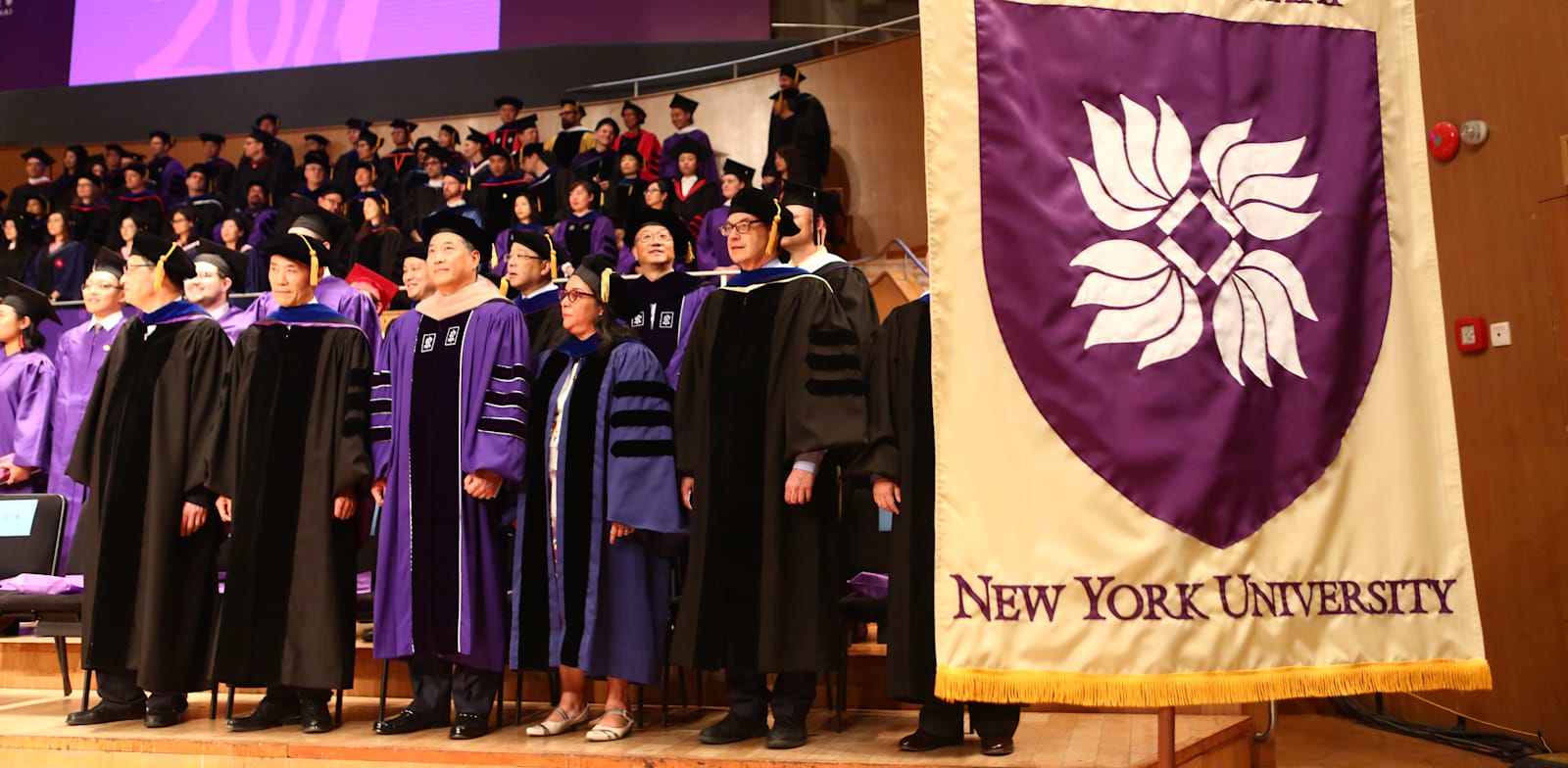Chinese companies face a cold reception in the US, except for universities where they are warmly welcomed as customers. Despite increasing tensions between the US and China, trade between universities and Chinese businesses is thriving, raising concerns about Beijing’s influence on American campuses.
Nearly 200 US colleges and universities had contracts with Chinese businesses totaling $2.32 billion between 2012 and 2024, according to disclosures provided to the Department of Education. This extensive trade raises questions about where the line should be drawn between promoting academic research and empowering potential American rivals.
Critics argue that Chinese contracts with US universities provide China with unique access and advantages that could pose national security risks. Concerns have been raised about the potential for the Chinese government to exploit civilian technological advances for military purposes. Efforts are underway on Capitol Hill to review Chinese contracts with US schools to assess these risks and ensure transparency.
Some of the largest contracts involve areas where China has provided significant support to its companies, such as medicine, agriculture, manufacturing, and the arts. From funding research on cancer treatments to training pilots for Chinese airlines, the collaboration between US universities and Chinese companies covers a diverse range of industries.
The debate over Chinese contracts with US universities has intensified in recent years, with calls for greater scrutiny and regulation. The issue raises complex ethical and national security concerns, as universities navigate the balance between fostering international collaboration and safeguarding American interests. As the relationship between US universities and Chinese companies continues to evolve, policymakers and stakeholders are grappling with how best to address the challenges and opportunities that come with these partnerships.
In conclusion, while there are legitimate concerns about Beijing’s influence on American campuses through its contracts with universities, it is important for policymakers to strike a balance between promoting academic research and protecting American interests. The extensive trade between American universities and Chinese companies has raised complex ethical issues that need to be addressed through thoughtful policy-making efforts.



